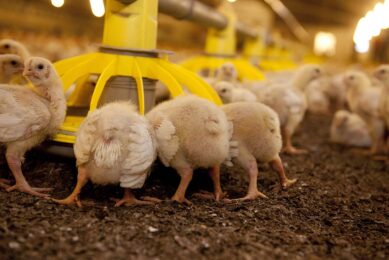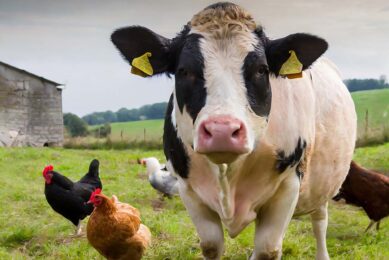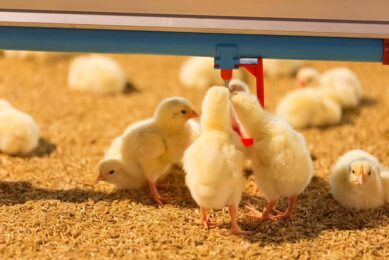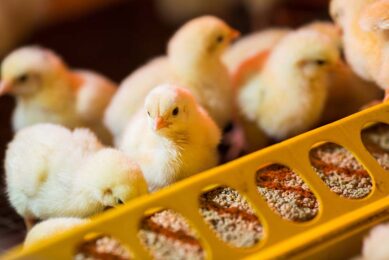Reduce antibiotics with feed additives and supplements
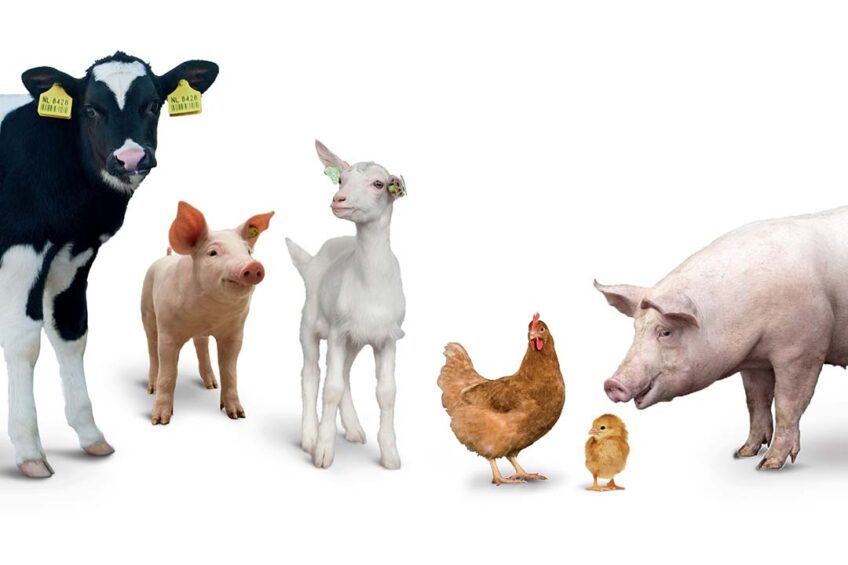
Reducing or even banning the use of antibiotics in animal production is a critical and urgent societal concern. The overuse or even misuse of antibiotics in livestock production have led to several significant problems, such as the emergence of antibiotic-resistant bacteria. Enhanced animal husbandry practices can help reduce the need for antibiotics by preventing disease outbreaks. Feed additives and supplements are one of the solutions promoting animal health and partly even eliminating the need for antibiotics.
ANTIBIOTIC REDUCTION SPECIAL 2023 – read all articles
Generally, feed additives and supplements are added to animal feed to support growth, contribute to improved feed efficiency and maintain animal health. By means of maintaining animal health, the need to use antibiotics can be lowered or even be eliminated. As a result, feed additives and supplements are an excellent alternative to avoid the use of antibiotics. While not only animal health status is maintained and improved, it also automatically improves animal welfare as such, as these 2 are closely intertwined. Furthermore, the use of feed additives and supplements are often a sustainable solution: environmentally, economically, and socially. Different feed additives and supplements enhance nutrient utilisation and improve gut health. Therefore, animals can convert their feed into performance more effectively. Consequently, additives and supplements are not only cost effective, but also can reduce the environmental footprint of livestock production. Additionally, reducing the use of antibiotics results in a lower risk of soil and water contamination and breeding antimicrobial resistance. On a societal level, the demands for sustainable, welfare driven, safer and higher quality foods is on the rise. This inevitably includes the demand for reduction in general antibiotic usage in animal production. Choosing the most suited feed additives and supplements are therefore part of the licence to produce in modern and sustainable agriculture and food production.
Optimal gut function
The gastrointestinal tract is often referred to as one’s ‘second brain.’ This referral clearly underlines the importance of gut health. This is remarkably relevant in today’s animal husbandry. A large part of the feed composition decides how healthy – or unhealthy – the gut of an animal can be. Gut health can be defined by its internal microbiome, its digestive efficiency and its immune function.
Gut ecology refers to the diversity and number of microorganisms in the gut. A diverse gut ecology is associated with improved health. Certain feed additives, like probiotics and prebiotics, can support beneficial bacteria in the gut. This allows beneficial bacteria to grow and therefore compete directly with pathogenic bacteria. An unbalanced gut microbiome cannot only lead to digestive problems, but also make animals more susceptible to diseases.
The gut plays a significant role in the body, it is not only part of digestion but has an important function in the immune system as well. A healthy gut can ward off pathogens, reducing the risk of infections. Therefore, the integrity of the gut needs to be supported. The physical barriers in the gut lining, for example tight junctions or intestinal villi, prevent harmful bacteria to pass through the intestines and enter the bloodstream. Such breaching the barrier causes significant harm by infections. Another barrier against pathogens is a mucosa layer of which the intestines is lined with. If the gut lining becomes permeable, the so-called leaky gut syndrome occurs. This is an immediate threat to animal health, as pathogenic bacteria can pass through.
High level gut health and integrity promote efficient digestion and nutrient absorption in the animal. When the gut is functioning optimally, it allows the animal to use its feed efficiently, consequently leading to improved growth and performance.
Choosing suitable feed ingredients and supplements
Unfortunately, there is not one silver bullet to improve and sustain gut health. Therefore, Denkavit Ingredients has specialised in advising feed producers to make the best choice from a range of additives. This advice is founded on the strong knowledge base of almost 100 years of experience in the animal production sector. That’s why Denkavit ingredients has a portfolio (Table 1) focusing not only on gut health and integrity as such but also on nutrient utilisation and animal health and welfare.
All mentioned feed additives and supplements are worth being discussed in detail, but for now three recently innovated ones deserve special attention.
In our portfolio we have recently improved our acidifier: Denkacid XL. Thanks to the addition of MCFAs Denkacid XL is not only targeting gram-negative but also gram-positive bacteria.
Earth elements are a rather underestimated category of feed supplements and additives. One is the EFSA-approved zootechnical additive Terragut. It directly and positively influences beneficial bacteria in the gut, thus supporting gut health. This results in an immediate visible effect in the stable as faecal consistency (Figure 1) and colour are maintained towards a healthy level.
Figure 1 – Improved faecal consistency.
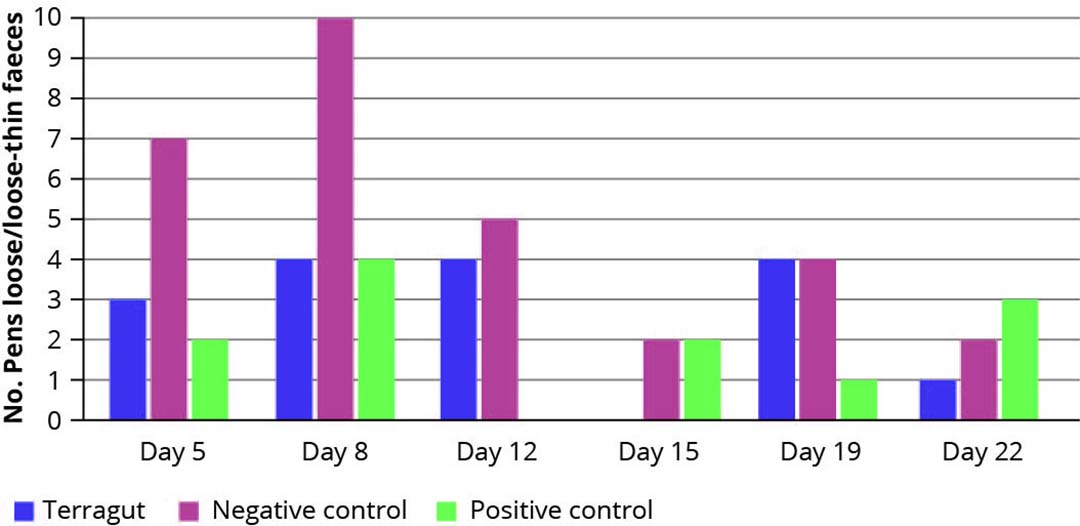
Another product is HumiGut. As the name already suggests, these humic acids support gut health by maintaining the mucosal lining and helping the natural detoxification process in the animal. As a result, an improvement in feed conversion and animal performance can be seen.
Enhance animal and gut health
Maintaining gut health in animals is essential for reducing the reliance on antibiotics. A well-balanced, diverse gut microbiome and a robust gut barrier all contribute to better digestion, nutrient absorption, immune function, and overall animal well-being.
The use of additives and feed supplements from the Denkavit portfolio enhances animal and gut health. Those products have been carefully selected for their proven positive effects as a single feed component. They even have a stronger effect if combined correctly depending on the specific situations and factors affecting animal production. We always say, we grow together.




